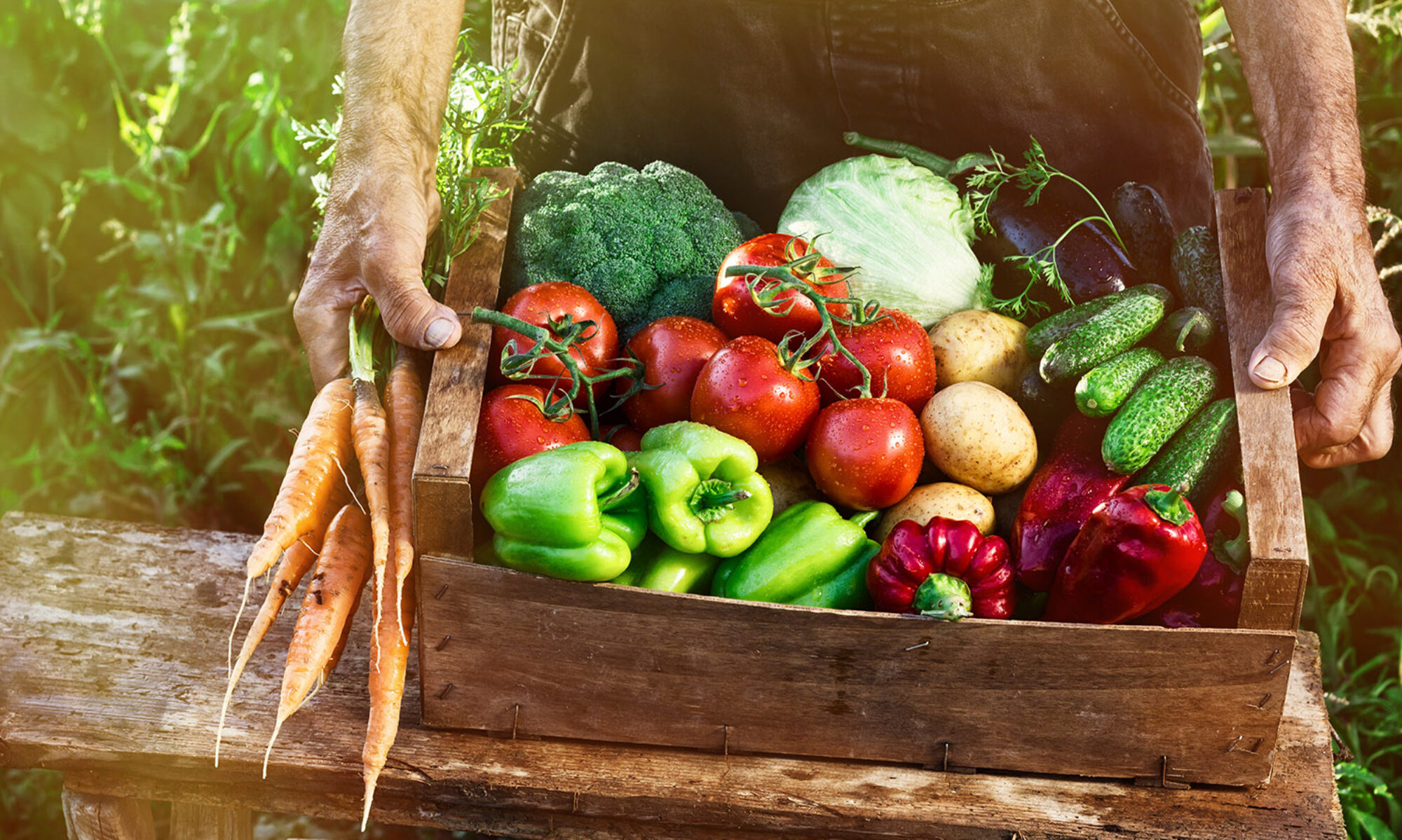Written by Teresa Smith, 3L at Lewis & Clark Law School and 2018-2019 FLSN Communications Chair
As food law topics gain more and more traction around the country, the obvious question is, now what? How do I learn about the day to day work that is food law and how that kind of work could fit into my future career? For some, food law exposure may be limited to an article skimmed between Contracts lectures, or, if you are lucky enough to have a food law class at your law school it might be a fun and interesting way to earn a few credits. But how do you take that interest and apply it to the everyday practice of law; how do you get “food law experience”?
Of course, some great first steps include getting involved with the National Food Law Student Network and participating in or starting up a food law student group at your school. Another great way to get involved is through a food law related externship, internship, or clerkship. While it may seem like a niche topic area in some ways, food law experience is quite abundant. You just have to search for it.
Before attending Law School, I put a lot of thought into choosing a school that offered a food law and environmental law curriculum. I also put a lot of time into researching organizations that offered summer internship or clerking experiences that would help me further the knowledge I would gain in the classroom. I thought then, and strongly believe now, that it is the work outside of the classroom that would be my most memorable, challenging, and influential experiences during law school.
Months before I ever sent in a security deposit to my school, I researched local and national organizations that specialize in or work with food law. This is when I came across, Food & Water Watch, a national organization that fights for healthy food and clean water. I was somewhat familiar with the organization after reading Foodopoly: The Battle Over the Future of Food and Farming in America, written by Wenonah Hauter, the Founder and Executive Director. Food & Water Watch piqued my interest in particular because of their work on factory farms, an issue I am very passionate about. In fact, Food & Water Watch was the first national group to call for a ban on factory farms!
During my initial research of organizations, I scrolled through staff bios to see what kind of legal work attorneys were doing with the organization. I immediately came across an attorney who graduated from one of the law schools I was considering attending. After sending her a quick email on a whim (something my introverted self rarely does), I ended up meeting with her for coffee later that week to talk food law and law school in general.
Ultimately, I found myself attending Lewis & Clark Law School, the school in question. Food Law is not my only interest in law school, but the beauty of food law is how it intersects with so many other subjects. There is food law within labor law, family law, immigration law, and of course, environmental law, just to name a few. Oftentimes, if you look closely enough, there will be some sort of food law issue within most areas of practice. To me, this meant that there would be a variety of ways to get that “food law experience” outside of the classroom. During my first summer, I interned with Columbia Legal Services, as a Laurel Rubin Farmworker Justice Intern. I was exposed not only to immigration and labor issues, but also to concerns with pesticide exposure and agricultural issues. This was a great way to get a very specific type of food law experience.
During my 2L year, I was a clinical student with Earthrise Law Center. Luck would have it that I was able to work on a case with this same attorney that I met for coffee a few years before. I knew I wanted to continue this kind of work over the summer, and soon found myself as a clerk with Food & Water Watch. It was an invaluable experience where I was able to work on factory farm issues as well as other environmental law and administrative law tactics. It was once again, an experience that has really helped me tie together what I have learned in the classroom.

I found both of these summer experiences by linking my specific interests in food law with what was going on with my community, and both experiences have truly been an invaluable part of my legal education thus far.
Real world Food Law experience is abundant if you look closely enough. Luckily, FLSN is also here to lend a hand. The network has some incredible Careers Chairs that are hard at work looking at food law career options and would be happy to share information on externship opportunities around the country.
